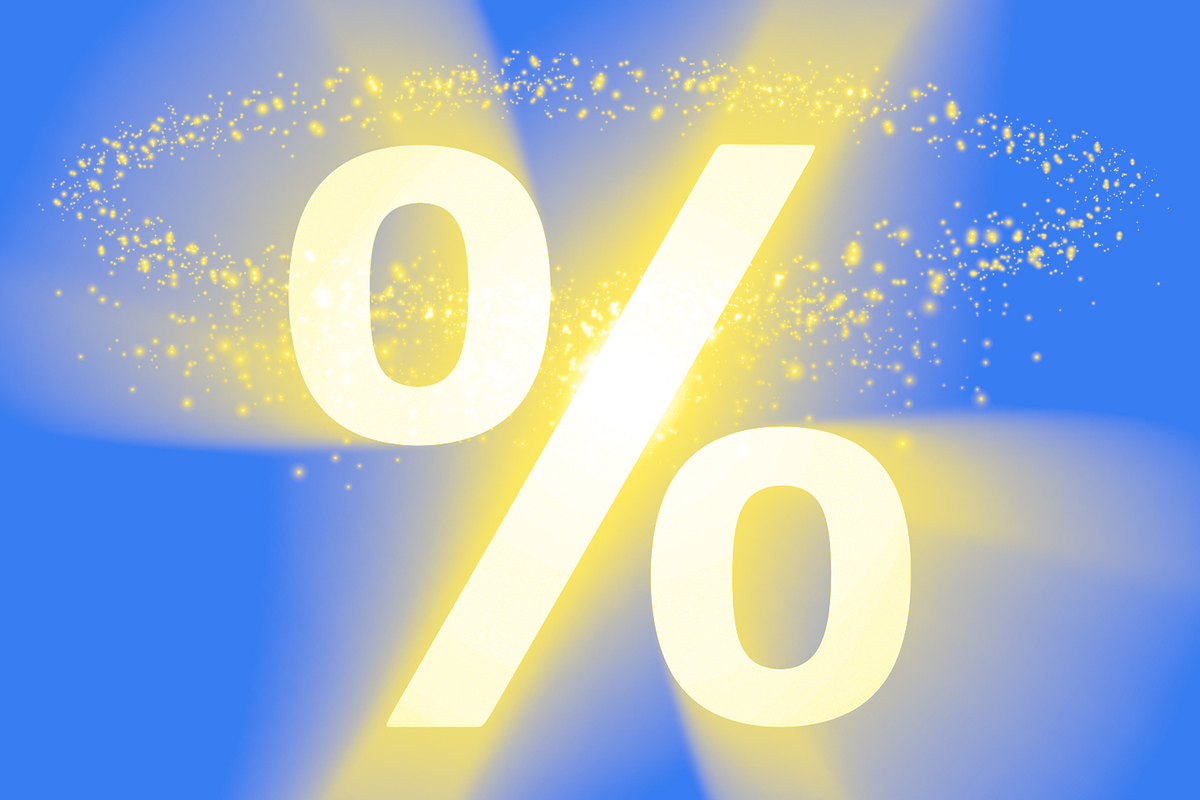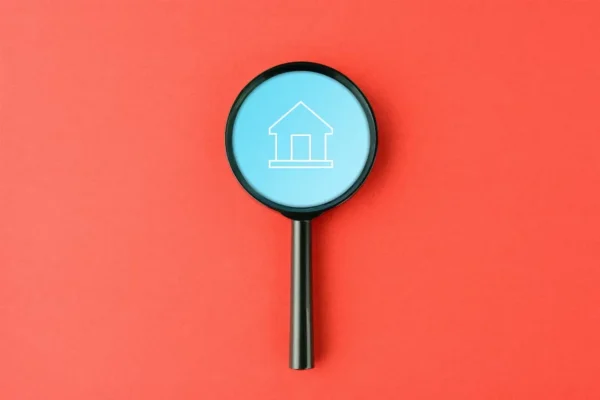
What is a Good Mortgage Rate?

In the ever-changing landscape of real estate, one factor remains a constant concern for prospective homeowners: mortgage rates.
For the last decade, historically low mortgage rates have created an environment where borrowers have grown accustomed to the idea that a normal mortgage rate is around 2-3%. In comparison, today’s 7% seems alarmingly high— but is this perception entirely accurate?
If you’re sitting on the fence, hesitant about committing to a home mortgage with a seemingly higher interest rate, read on. We’ll break down why today’s interest rates may not be as bad as you think, how they affect your mortgage payments, and how you can secure more favorable terms.
What is a good mortgage rate?
You’ve probably heard the old saying that the only thing constant in life is change— and interest rates are no exception to this rule.
In 2021, the average 30-year fixed mortgage rate in the United States hit a historic low of 2.65%. Prior to that, the highest average rate homebuyers saw was around 5% in November of 2018.
So when interest rates started climbing at the end of 2021, prospective homebuyers got nervous.
As of March 2024, the national average is hovering around 7.88%. But it’s far from the highest we’ve ever seen. The early 1980s saw interest rates upwards of 18%. The 1990s started with rates around 10%. In the early 2000s, they were sitting around 8%.
Are rates higher than they were two years ago? Yes. But are they the highest we’ve ever seen? Not at all.
When you’re out there looking for a house and thinking about loans, don’t just focus on waiting around for the lowest rate. Rate changes can be hard to predict. Instead, think about making a smart choice that works well with the house you want and a mortgage you can handle. Understand what your rate means for your payment, consider the rate factors within your control, and learn about options for buying now and securing a lower rate in the future.
From Mortgages to Home Equity Loans
Our local, award-winning lending team is ready to help you begin today.
What do higher mortgage rates mean for my house payment?
Interest is essentially the cost of using the lender’s money. It’s expressed as a percentage of the total amount you borrowed and is typically spread out over the life of the mortgage, which could be 15, 20, 30 years, or even longer. Alongside your principal, interest payment is usually included in your monthly mortgage payment.
A higher interest rate affects how much you pay over the life of the loan, as well as your monthly payment.
Let’s illustrate with a scenario. Suppose you’re borrowing $200,000 for your home purchase. At a lower rate, say 3%, your monthly payment might hover around $843. However, if the rate climbs to 4%, that same payment could balloon to $955. While this might appear as a marginal difference, over the long haul, it can be a significant accumulation.
How to Get the Best Interest Rate
Even if market conditions aren’t favorable, there are still ways within your control to ensure you can get the best rate possible.
1. Go loan shopping.
One of the most potent tools at your disposal is the ability to shop around for mortgage rates. Don’t settle for the first offer that comes your way. Different lenders might present varying terms, and even a minor difference in interest rates can result in substantial savings over the life of your loan. Take the time to explore multiple lenders, obtain rate quotes, and compare their offerings.
2. Know your loan options.
Understanding the array of loan options available to you is the foundation of making informed decisions. Mortgages come in various flavors, including fixed-rate mortgages and adjustable-rate mortgages (ARMs).
Fixed-rate mortgages offer stability by maintaining a constant interest rate throughout the loan term.
On the other hand, ARMs start with a fixed rate for a specific period, after which the rate adjusts periodically based on market conditions. Oftentimes, the fixed-rate introductory period has a lower rate than those of fixed-rate mortgages.
Not sure which loan is best for you? Speak to a mortgage loan officer to learn more about each option.
3. Work on your credit score.
Your credit score plays a pivotal role in determining the interest rate you qualify for. Lenders use this score to gauge your creditworthiness. The higher your score, the lower the perceived risk, and consequently, the better your interest rate. To boost your credit score, pay bills on time, reduce outstanding debts, and manage your credit responsibly.
4. Save for a larger down payment.
A substantial down payment can work wonders in negotiating better rates. A higher down payment signifies a smaller loan amount, reducing the lender’s risk and potentially leading to more favorable terms. While it’s tempting to pursue the smallest down payment possible, aiming for a larger upfront investment can yield substantial savings over time.
5. Consider refinancing down the line.
Remember that mortgage rates are not etched in stone. Even if you initially secure a mortgage with a higher interest rate, keep an eye on the market. If rates decline or your financial situation improves, consider refinancing. Refinancing involves replacing your existing mortgage with a new one that offers more favorable terms. It’s a strategic move that can result in lower monthly payments and overall savings.
However, we will stress this: Do not buy a house now that you cannot afford hoping you will be able to refinance at a lower rate in the future. Purchase a house with payments that you can comfortably afford today.
Navigate Mortgage Rates with Confidence
While the metrics for a “good interest rate” have evolved over time, two things remain constant: their dynamic nature and impact on your house payments.
Know that increased mortgage rates don’t have to be the end of your homeowner dreams. While your monthly payments may be higher than they would have been a few years ago, there are still ways to ensure you can get the best possible rates at any given time. And, while refinancing down the line for a better rate may be an option as well, the important thing to remember is that you should always buy a house that you can afford now.


